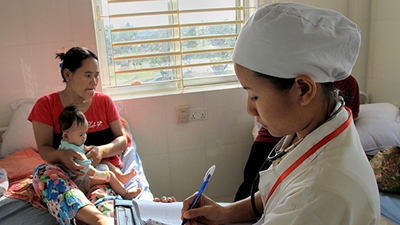An acute shortage of qualified health workers in remote and rural regions is a serious and widespread problem that is affecting many countries across the globe, but it affects the low income developing countries especially severely. A variety of interventions have been applied in different contexts and for different types of health workers to address the geographical imbalances of health workers. There is an emerging consensus that policies for recruitment and retention in rural and remote areas need to address two critical issues: i) to be effective, interventions need to be implemented in bundles, combining different packages of interventions according to the variety of factors influencing the health worker’s decision to work in rural or remote areas; ii) to match the interventions with health worker’s preferences and expectations, since the health worker’s employment decisions are a function of these preferences.
To address these challenges the World Bank Group, in partnership with the World Health Organization and USAID-CapacityPlus, has promoted the application of Discrete Choice Experiments (DCE) to inform recruitment and retention policies in developing countries. The World Bank supported a Discrete Choice Experiment (DCE) to inform recruitment and retention policies, this study aimed to: i) to examine the relative effect of monetary and non-monetary job attributes on health worker’s employment decisions; ii) to design incentive ‘packages’ based on different combinations of monetary and non-monetary job attributes; and iii) estimate the cost-effectiveness of these incentive packages.
The efforts in this consist of a Guidance Note on recruitment and retention policies, a User Guide describing step-by-step the application of DCE for HRH and a series of country case studies (India, Liberia, Ethiopia, Vietnam, Tanzania, Uganda). This package will contribute to a systematic analysis and a deeper understanding of the factors that inhibit recruitment and retention of qualified staff in remote and rural regions, and will help countries develop their own unique solutions to lifting this problem that are well adapted to their country context.
